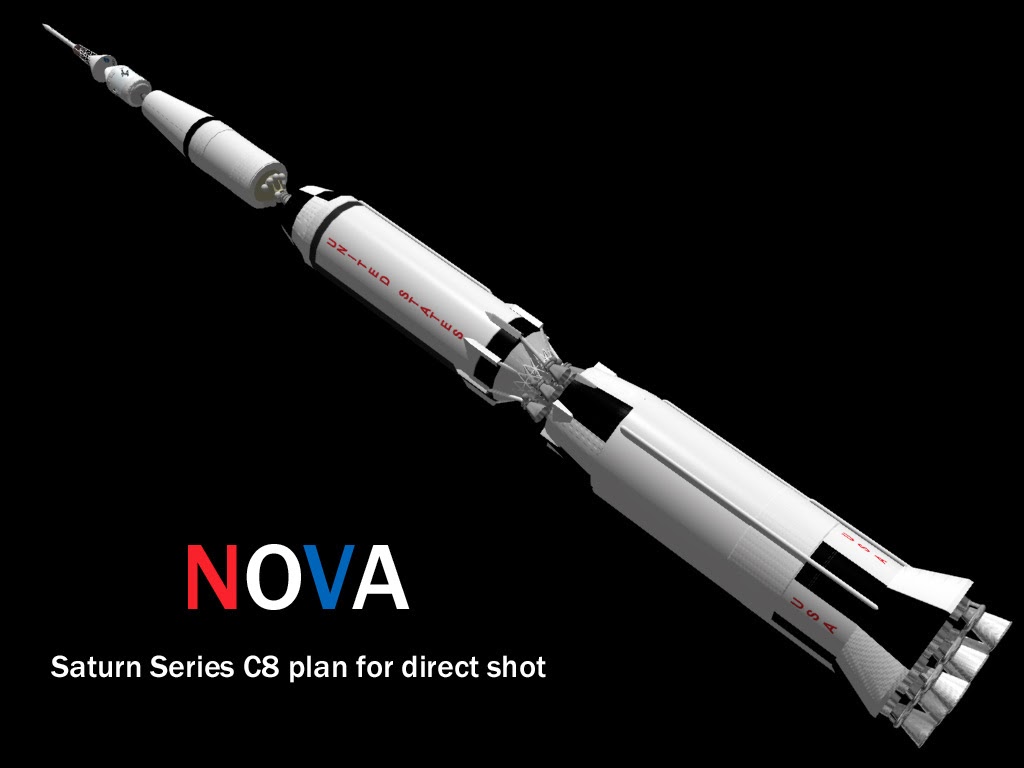Imaculata
Hero
If you are tracking fuel for your spaceships, I would make takeoff / landing very fuel expensive.
This, or make landing a large ship a whole lot more difficult to do.
Also, not all areas may be suitable to bare the weight of a large spaceship. The ground could give way under the weight, and the ship could get hopelessly stuck in the soil.




